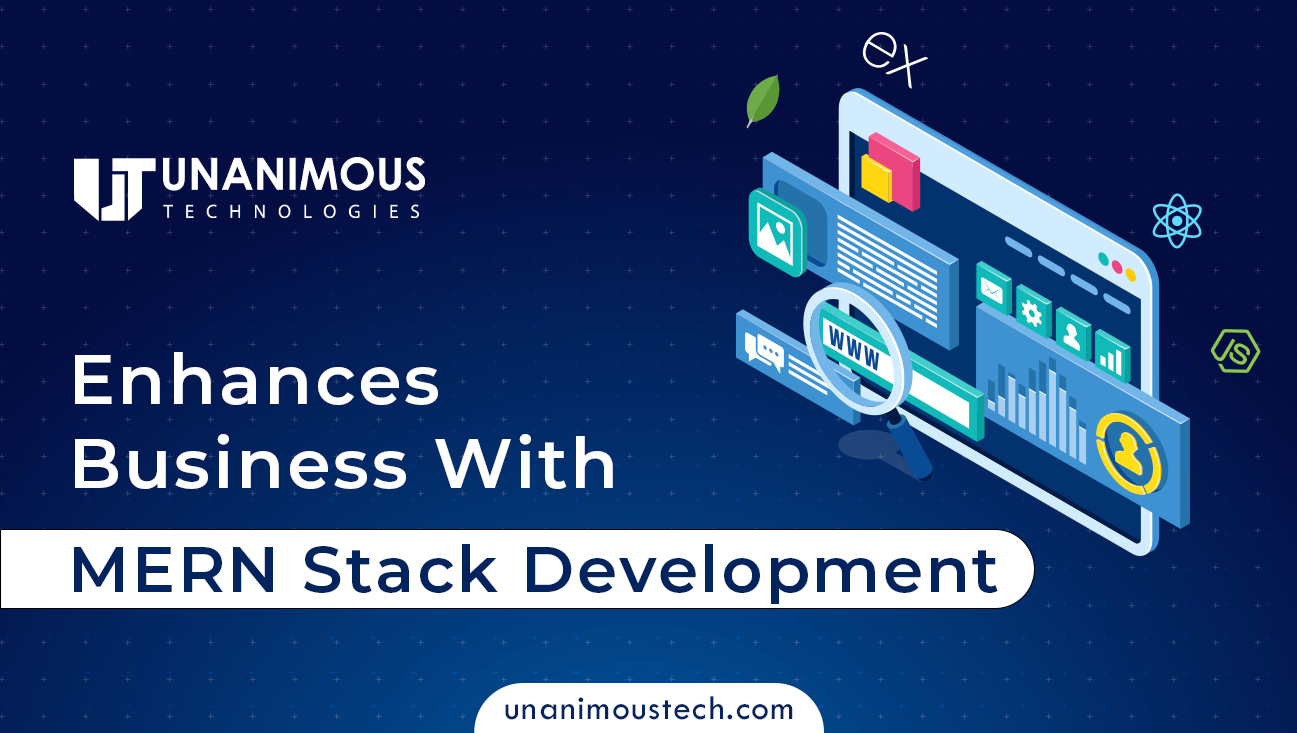The speed of development and speed of change depict the success of mobile apps. User context aware apps are helping SMB’s to increase user engagement for their enterprise mobile applications where they deliver user personalization and user recommendation by analyzing various data sources through numerous process workflows.
Application programming interfaces (APIs) are extensively used to streamlines data sync with distinct services to form a context aware application, and make applications collaborate with other apps. You need to implement the four third-party API integration best practices, in order to make the most out of the APIs.
Best Practices for Third Party API Integration
Google provides abundant third-party awareness set of APIs, leveraged by mobile application integration to build context aware apps. But implementing the API integration is a major challenge confront by many enterprises, resulting into poor application performance and worst user experience. Follow the below best practices to build strong and secure enterprise app.
Four Tips To Build Context Aware Apps With 3rd Party Integration :
Examine API Documentation Entirely
One cannot use the full ability of an API without knowing the functions & guidance required to implement the API. Proper API documentation helps to learn about the usage restrictions, data input, data output and other performance details.
Use APIs That Are Well Approved
With well-tested APIs from renowned sources, one can test and manage their mission-critical applications and deliver vigorous user experience. Using APIs is an important best practice for an enterprise because it helps you save costs. Due to dependency on 3rd party, APIs have high chance of downtime leading to poor user experience.
Check Security
Security features of an API must pay close attention, as there is high risk of data theft and hacking. Some APIs from consistent sources offer more secure data protection and encrypted connection. Whereas other APIs are poorly secure and can introduce your business to security vulnerabilities. To protect business and user information we should always implement APIs which follow strong security policies.
Focus on Expandable APIs
Every business requires shift over time. An expandable API can grow with business. This means that one won’t have to redo their existing third-party integrations when select ductile options.
While APIs bring a lump of business benefits, it can also introduce your business to some risks with third-party integration.
Therefore, follow the above-mentioned API app integration best practices to minimize the potential risk and set up your business for long-term growth.






